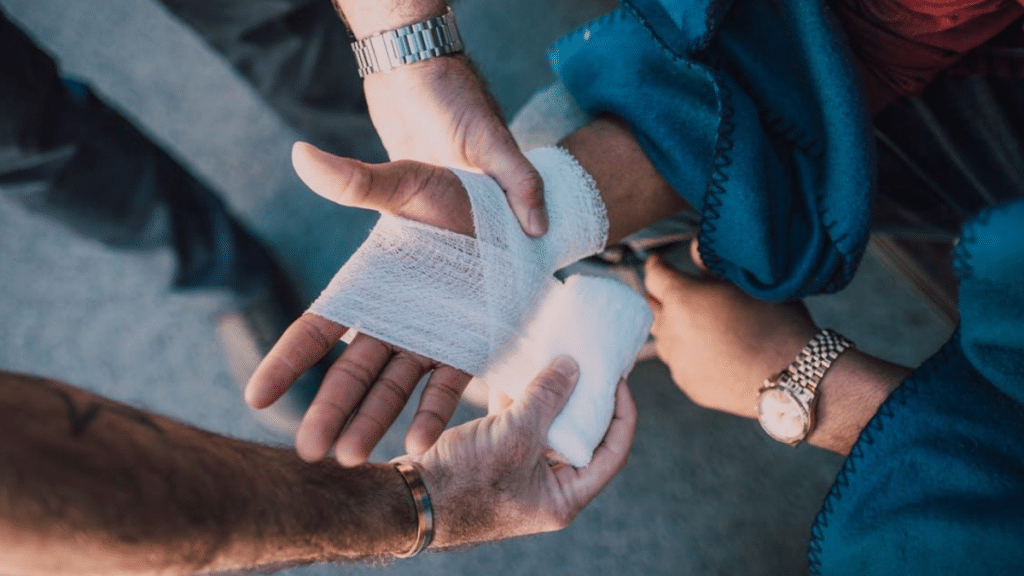The personal injury sector was worth $53 billion in 2022, with motor vehicle accident claims the most prevalent, closely followed by medical malpractice and product liability claims. James D. Payer, one of the experienced personal injury lawyers in Orlando, shares that 96% of all personal injury cases settle before the case goes to trial. It is more cost-effective for an insurance company or other defendant to settle rather than risk the whims of a jury or judge, who might decide the plaintiff deserves millions of dollars in damages, as happened in the Tobacco Master Settlement, where the jury handed over a punishing $206 billion judgment to be paid over 25 years.
What is Personal Injury Compensation?
Personal injury compensation refers to financial compensation that can be recovered after suffering an injury, illness, or disease due to another party’s negligence or fault. The purpose of personal injury compensation is to financially reimburse the injured person for their losses and damages. Compensation can cover both economic losses and non-economic losses. Nolo.com says 57% of people receive compensation of $3,000 to $25,000, but the exact figure you receive will vary according to the details of your case.
Who is Eligible for Personal Injury Compensation?
Certain criteria must be met to make a successful personal injury claim and receive compensation. First, the injury must have been caused directly by another party’s negligence or carelessness. This could be a car accident, medical malpractice, a slip-and-fall incident, or a workplace injury.
Second, the injury must have caused financial losses and damages such as medical bills, lost wages, or pain and suffering. Minor injuries that fully heal quickly may not qualify for compensation.
Finally, sufficient evidence must exist to prove liability and damages. Police reports, medical records, bills, and invoices can help prove a valid claim. Witness statements may also provide important evidence for personal injury lawyers to work with.
How is the Personal Injury Compensation Amount Determined?
Several factors impact how much compensation an injured victim may receive. Economic damages, like how much income you lost, are easier to quantify, while non-economic losses, like stress and emotional trauma, are harder to put a dollar figure on.
The severity of the injury and the length of recovery time will influence the compensation amount. More severe injuries with longer-lasting effects typically result in higher payouts. Pre-existing conditions may also impact the amount if the new injury aggravates them.
The precise compensation amount will ultimately be determined through negotiations between legal teams or by a judge or jury if the case goes to trial.
Receiving Fair Personal Injury Compensation
The personal injury claims process can be complex, confusing, and intimidating. To have the best chance of receiving full and fair compensation, I recommend having a knowledgeable personal injury lawyer represent you. They can handle the claims process efficiently and negotiate aggressively on your behalf.
An experienced attorney will know how to gather evidence, establish liability, quantify damages, negotiate a settlement, and take the case to trial if needed. Injured victims can seek the maximum compensation they deserve with strong legal guidance and advocacy.
